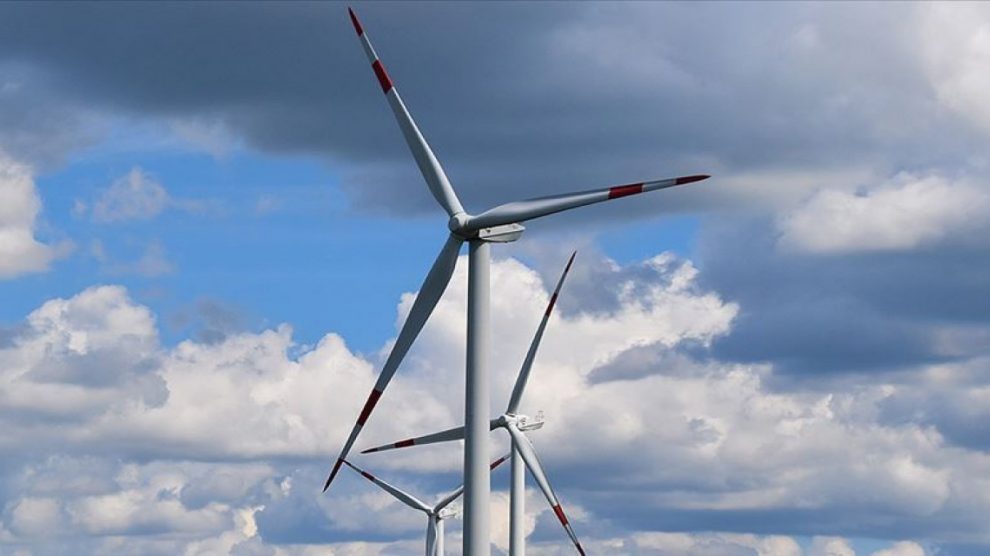Blog
When a Butterfly Flies… Civil Society, Climate Change and Sustainability

As we know, there are three pillars of social organizations: the state (I prefer to call it public administration, but this is the problem; the state comes from the public as an autonomous area to a large extent), the private sector and civil society. It is almost impossible to solve the enormous environmental and social problems that the world faces without this coming together without cooperation. But aren’t they all citizens deep down? Public and private sectors are ultimately superstructural and representative institutions, but civil society lacks mechanisms to directly reflect their supplies, demands, and savings… Precisely for this reason, the 20th century can develop significantly from health to social welfare, the interests of state elites and capital have evolved and shaped the program. And while this situation magnified narrow group interests and short-term gains, the development of egalitarian and long-term social and environmental gains was greatly hampered. We see that countries and supranational organizations that can only exercise this public control (Europe comes first) are more advanced in both social and environmental equality. The basic lesson to be learned from this is that in the 21st century, civilization and activation and widespread of participation mechanisms. This test is ineffective in the absence of technological progress and technological progress and execution we need.
Therefore, no matter how many problems civilization has, from the climate crisis to poverty, from gender inequality to public health, the need for strong public participation and a strong non-governmental organization arises behind their solutions. This all issues in various countries of the world but the situation is even worse rate and urgent for Turkey. The original social and political reasons, civil society newly developing Turkey, unfortunately losing these developments in a while (see. 26 December last from Parliament and government associations are giving extraordinary powers to close unquestioned laws). It is vital that those who run the state understand as soon as possible that there is no way we can go without civil society participation. our pages in the first issue of this year all these reasons, we reserve the Turkey representative of civil society working in the area of sustainability.
The word, civil society and civil thinking institutions… Hoping that thousands of butterflies take off and wing collisions will create a “sustainability storm” this year …
Çalışma kapsamında yapılan röportajlar:
TEMA Vakfı Yönetim Kurulu Başkanı Deniz Ataç ile yapılan röportaja buradan ulaşabilirsiniz.
Greenpeace Akdeniz ekibi ile yapılan röportaja buradan ulaşabilirsiniz.
WWF-Türkiye (Doğal Hayatı Koruma Vakfı) Doğa Koruma Direktörü Dr. Sedat Kalem ile yapılan röportaja buradan ulaşabilirsiniz.
Küresel Denge Derneği Başkanı Dr. Nuran Talu ile yapılan röportaja buradan ulaşabilirsiniz
YUVA Derneği Direktörü Erdem Vardar ile yapılan röportaja buradan ulaşabilirsiniz.
İş Dünyası ve Sürdürülebilir Kalkınma Derneği (SKD Türkiye) Yönetim Kurulu Başkanı Ebru Dildar Edin ile yapılan röportaja buradan ulaşabilirsiniz.
Birleşmiş Milletler Kalkınma Programı (UNDP) Türkiye Mukim Temsilci Yardımcısı Seher Alacacı ile yapılan röportaja buradan ulaşabilirsiniz.
Temiz Hava Hakkı Platformu Koordinatörü Buket Atlı ile yapılan röportaja buradan ulaşabilirsiniz.
Yeşil Gelecek Derneği ekibi ile yapılan röportaja buradan ulaşabilirsiniz.
Sürdürülebilir Üretim ve Tüketim Derneği Başkanı İstanbul Teknik Üniversitesi Öğretim Üyesi Prof. Dr. Filiz Karaosmanoğlu ile yapılan röportaja buradan ulaşabilirsiniz.
Sürdürülebilir Kalkınma Çözümleri Ağı (Sustainable Development Solutions Networks – SDSN) Türkiye Koordinatörü Bahar Özay ile yapılan röportaja buradan ulaşabilirsiniz.
